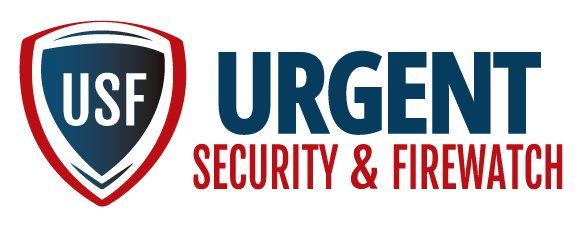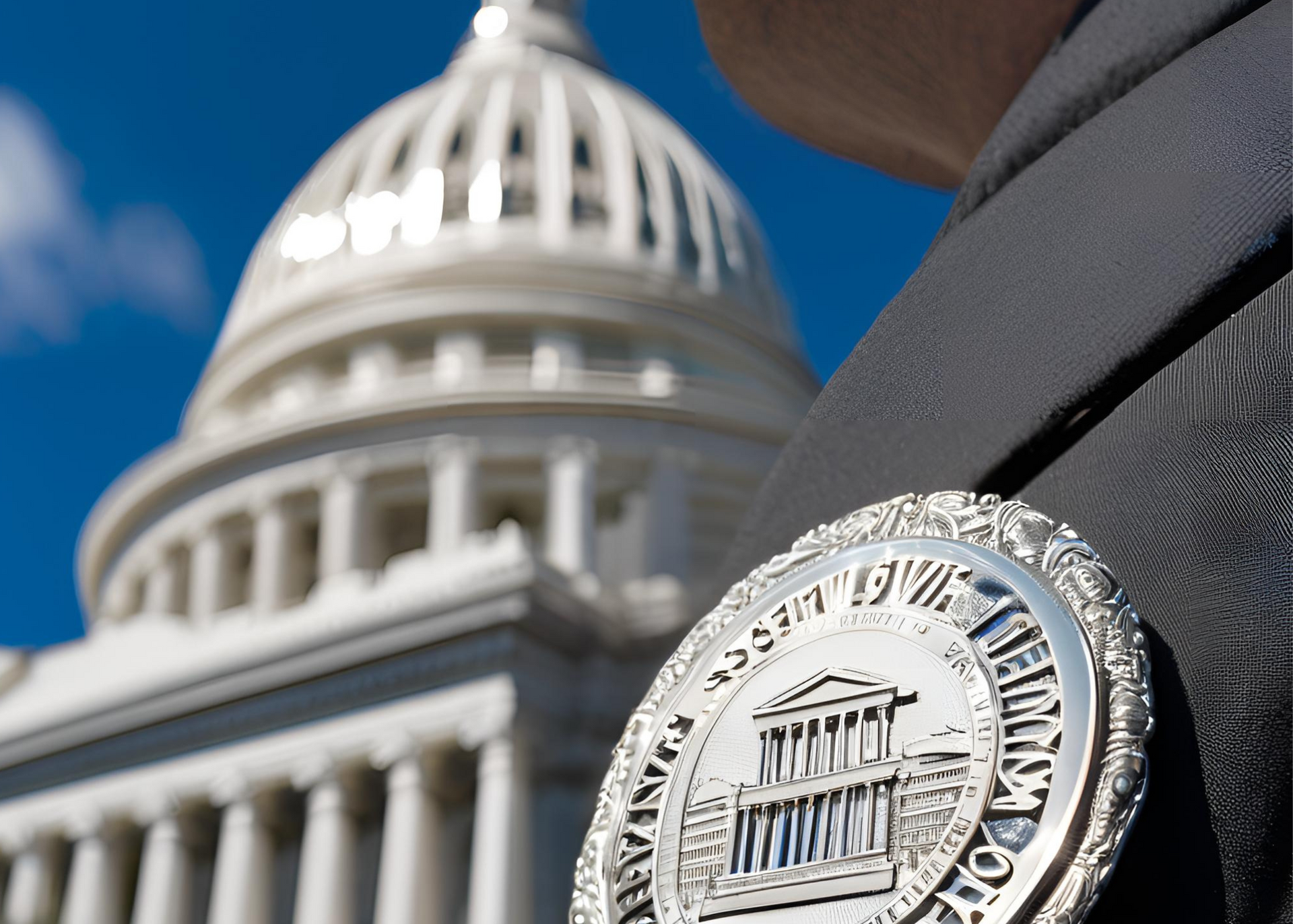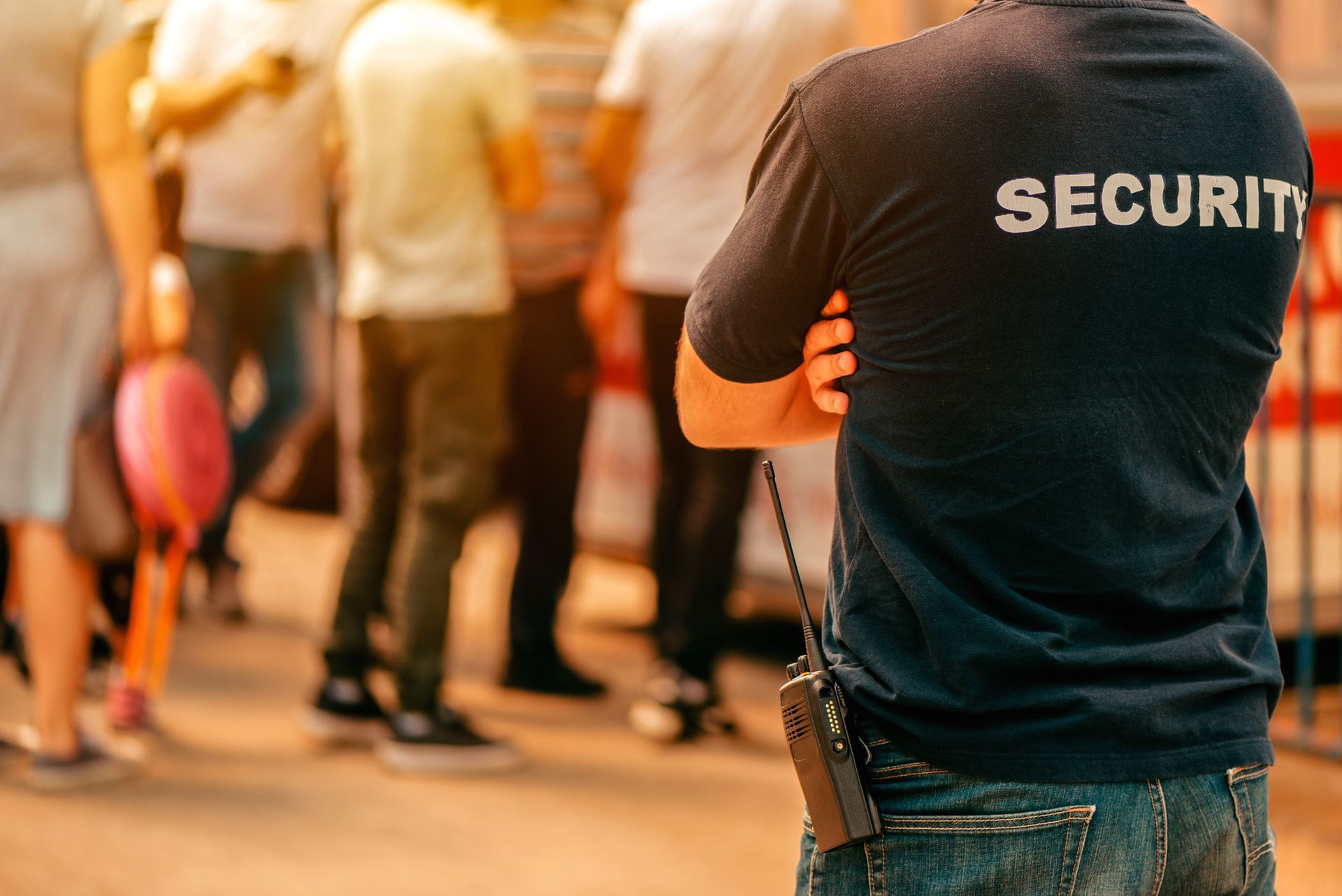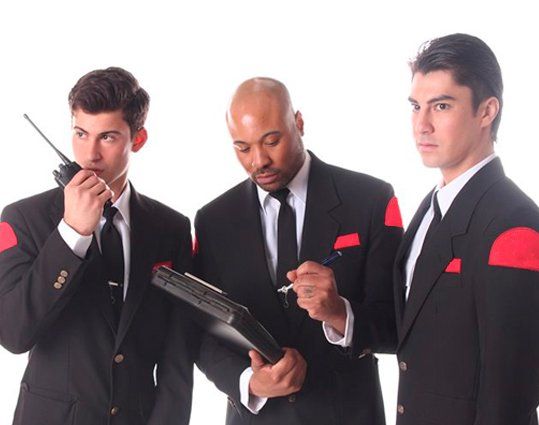Characteristics of Great Residential Security Officers

Residential community security companies like ours play a critical role in keeping communities and apartment complexes in the Washington DC Metro Area safe. While security officer patrols may appear to resemble leisurely strolls, their job is anything but relaxed. The best residential community security officers share these key characteristics:
Effective Communication
Despite the stereotypical image of the silent security officer, this position involves quite a bit of conversation. The most effective residential community security officers can chat with virtually anybody. Officers should understand the importance of building strong relationships with all residents. These relationships can prove valuable when security issues arise.
Quality communication isn’t just about saying the right thing. The best communicators are active listeners. Officers who have mastered active listening pay attention to what residents have to say. They don’t passively ‘hear’ residents; they comprehend important feedback.
Strong Memory
Residential community security officers shouldn’t simply converse with residents; they should remember important conversations. Later, they should successfully recall not only the content of each conversation, but also the name of the individuals with whom they spoke. The ability to connect names with faces is highly valued in residential community security.
In addition to recalling names, faces, and conversations, security officers should remember all rules adopted by the communities they patrol. These rules vary considerably from one neighborhood to the next — and they change often. Officers can only enforce rules they understand.
Uses Verbal Judo
An oft-cited study from Rutgers University indicates that law enforcement involves 97 percent verbal interaction. The same can arguably be said of residential community security. The best officers only use physical contact as a last resort.
Ideally, officers will rarely need to de-escalate tense situations. When conflicts inevitably occur, officers should use verbal judo. Sometimes referred to as verbal self-defense, this approach involves de-escalation via posture and language. The goal: to prevent a potentially dangerous situation without relying on physical contact. Examples of verbal judo could include:
- Calmly asking questions instead of shouting at residents.
- Asking to chat instead of demanding, “Come here!”
- Appearing empathetic when dealing with those in crisis mode.
- Demonstrating respect for all residents.
Uses Effective Nonverbal Communication
In the groundbreaking work “Silent Messages,” acclaimed researcher Albert Mehrabian highlighted the importance of nonverbal communication in building credibility. Although he published his seminal work over four decades ago, Mehrabian’s message remains just as important today. It certainly applies to the daily work of residential community security officers. Nonverbal cues grant officers an air of authority while also demonstrating that they actually care about the communities they serve. Skilled officers demonstrate confidence and capability via excellent posture, firm handshakes, and appropriate use of eye contact.
Physically Fit
Physical activity is part and parcel with residential community security. Officers spend extensive time on their feet while patrolling neighborhoods or apartment complexes. In fact, apartment and condominium security may exclusively involve foot patrol. Complexes without elevators force officers to climb up and down several flights of stairs. Fit officers can continually patrol areas without stopping to rest.
Responsible Drivers
When officers aren’t patrolling on foot, they’re driving around the communities they serve. Mobile patrols tend to focus on single-family homes. While some residential neighborhoods boast quiet roads, others are constantly mired in traffic. Skilled officers plan their patrols to circumvent traffic problems. When conducting mobile patrols, they calmly assess the area without engaging in distracted driving.
Alert
Long patrols can be tiring — especially at night. Officers must always be alert, no matter their working hours. Even a brief lapse in attention can compromise residents’ safety.
Attention to Detail
Officers are constantly on the watch for vandalism. Sometimes, property damage isn’t immediately visible to the untrained eye. Skilled officers know which signs spell trouble — and when or where vandalism is most likely to occur. Observant officers catch small details that ordinary residents might miss.
Not everybody is cut out for work as a residential community security officer. It’s a demanding job, but also rewarding. Residential community security officers are proud to serve their community — and it shows in every patrol.
Post Excerpt
Residential community security isn’t for everyone; from nonverbal communication to physical fitness, residential community security officers need to master a variety of skills.



